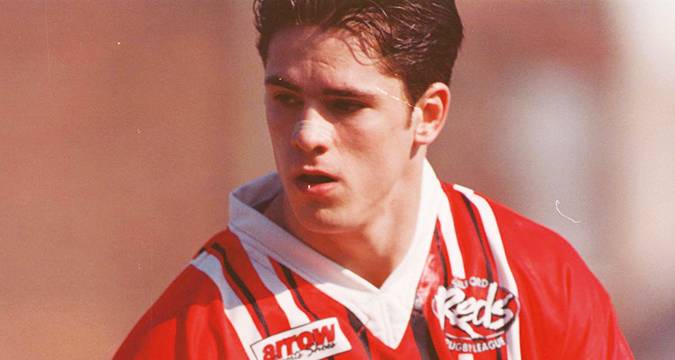 Nathan McAvoy debuted for Salford at 17 and before his teens were out, he had played against the Kangaroos, had helped to end Wigan’s stranglehold on the Challenge Cup and had won the European Championship with England.
After impressing in Super League with the Red Devils, he moved to Bradford, for whom he scored one of the great Challenge Cup
Nathan McAvoy debuted for Salford at 17 and before his teens were out, he had played against the Kangaroos, had helped to end Wigan’s stranglehold on the Challenge Cup and had won the European Championship with England.
After impressing in Super League with the Red Devils, he moved to Bradford, for whom he scored one of the great Challenge Cup Rugby League Heroes: Nathan McAvoy
 Nathan McAvoy debuted for Salford at 17 and before his teens were out, he had played against the Kangaroos, had helped to end Wigan’s stranglehold on the Challenge Cup and had won the European Championship with England.
After impressing in Super League with the Red Devils, he moved to Bradford, for whom he scored one of the great Challenge Cup
Nathan McAvoy debuted for Salford at 17 and before his teens were out, he had played against the Kangaroos, had helped to end Wigan’s stranglehold on the Challenge Cup and had won the European Championship with England.
After impressing in Super League with the Red Devils, he moved to Bradford, for whom he scored one of the great Challenge Cup 